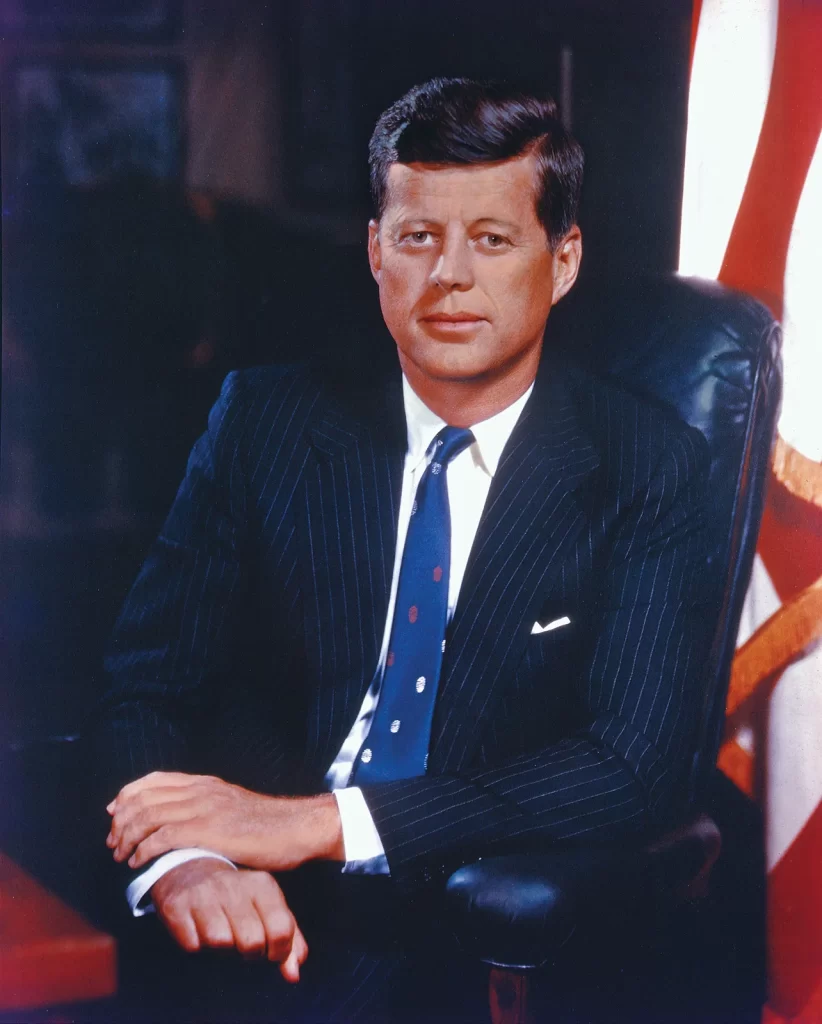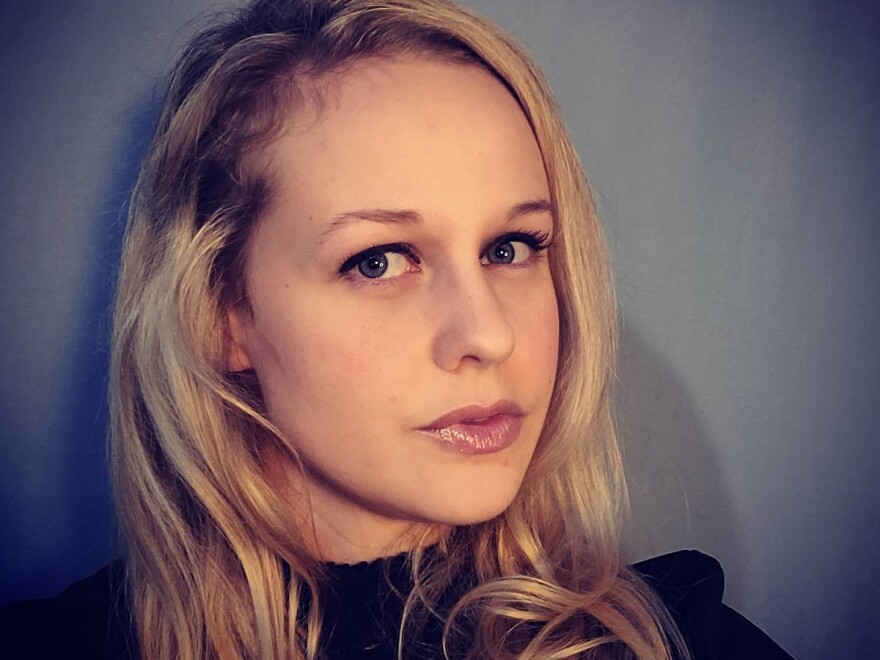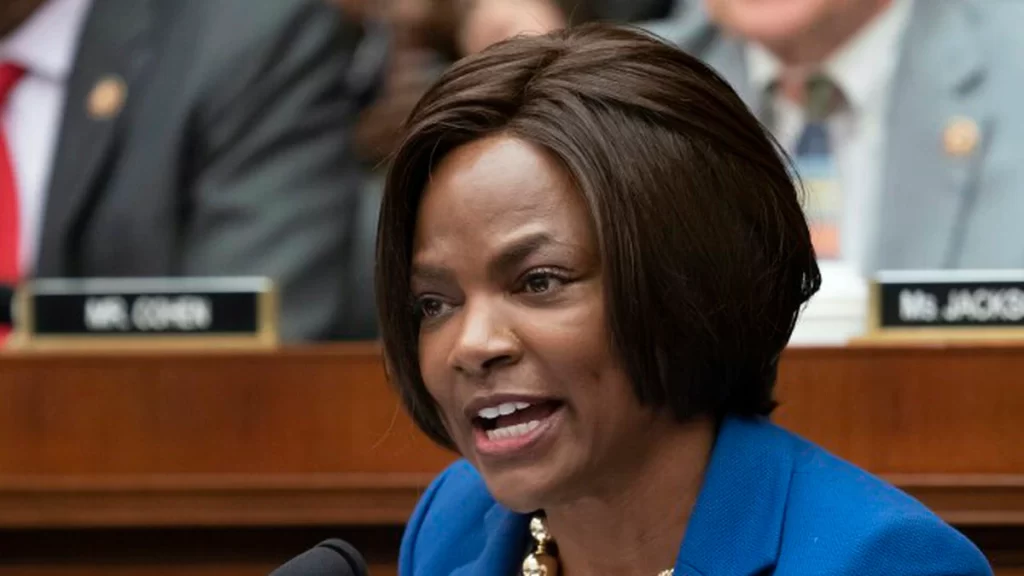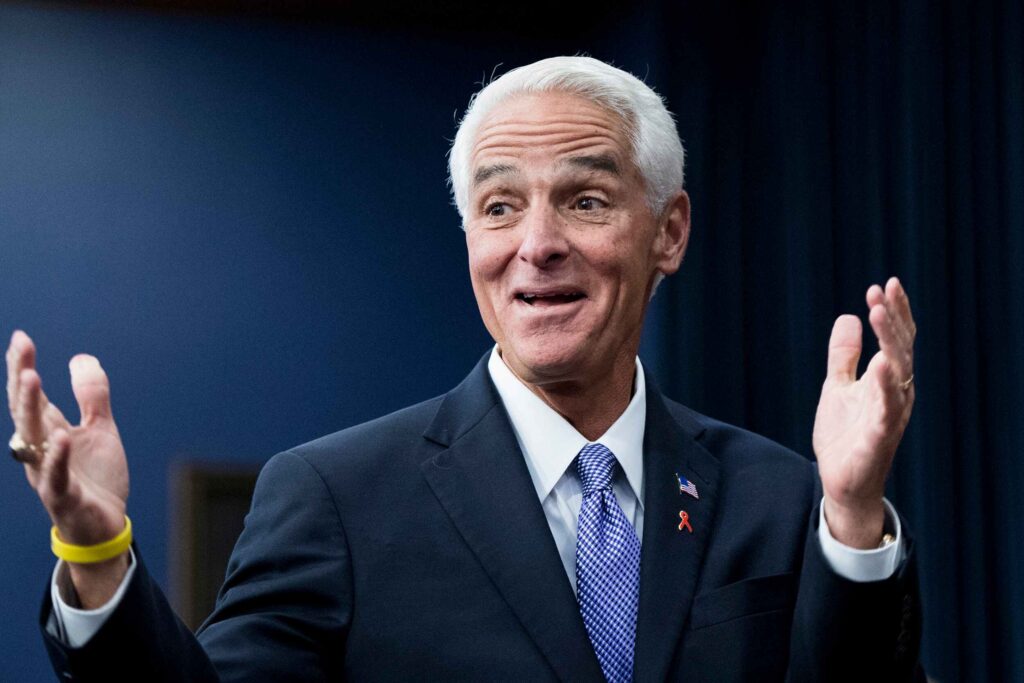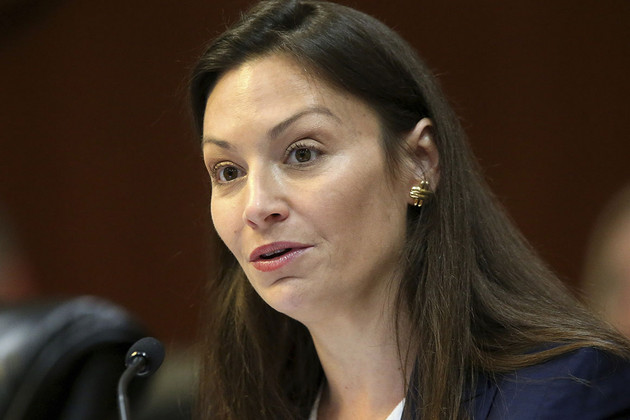John F. Kennedy Biography
John Fitzgerald Kennedy was an American politician who served as the 35th president of the United States from 1961 until his assassination in 1963. He was often referred to by his initials JFK and by the nickname Jack.
He was the youngest president to take office through election and the youngest president to leave office. The majority of Kennedy’s foreign policy, which was implemented during the Cold War’s height, was focused on the Soviet Union and Cuba. Prior to becoming president, Kennedy served as the Democratic representative for Massachusetts in both houses of the US Congress.
John F. Kennedy Net Worth
John at the time of his passing, had a net worth of $12 million. That is equivalent to $100 million in today’s money after inflation is taken into account according to Celebrity Net Worth.
JFK’s father, Joseph Kennedy, left him a large fortune. Joseph Kennedy was one of the top 15 wealthiest people in the nation according to a Fortune Magazine estimate of his net worth in 1957, which ranged from $200 to $400 million.
John F. Kennedy Age
John was born on May 29, 1917 outside Boston in Brookline, Massachusetts at 83 Beals Street. He died on November 22, 1963 at 46 years old.
John F. Kennedy Family
John was born to Joseph P. Kennedy Sr., a businessman and politician and Rose Kennedy a philanthropist and socialite.
With a president, three senators, three ambassadors and numerous other representatives and politicians, both at the federal and state levels, the Kennedy family is one of the most well-known political families in the United States.
Through a variety of endeavors, his father accumulated a private fortune, and he set up trust funds for his nine children to ensure their long-term financial independence.
Kennedy spent the first ten years of his life in Brookline. On June 19, 1917, he was baptized at the nearby St. Aidan’s Church, where he regularly attended
P. J. Kennedy, his paternal grandfather, was a state representative for Massachusetts. John F. Fitzgerald, the namesake of John F. Kennedy and a former U.S. congressman, served two terms as mayor of Boston. His four grandparents were all the offspring of Irish immigrants.
Kennedy’s grandfather Fitzgerald took him around Boston’s neighborhoods while he ran unsuccessfully for governor in 1922, giving him his first introduction to politics.
Kennedy had seven younger siblings; Robert Kennedy, Rosemary, Kathleen, Eunice, Patricia, , Jean, and Edward, as well as an older brother named Joseph Jr.
John F. Kennedy Wife
When Kennedy was a congressman, he first met Jacqueline Lee “Jackie” Bouvier, who would become his wife. At a dinner party, journalist Charles L. Bartlett introduced the two. On September 12, 1953, a year after he was elected senator, they were wed.
John F. Kennedy Kids
Their daughter Caroline was born in 1957 and is the only surviving member of JFK’s immediate family after suffering a miscarriage in 1955 and a stillbirth (their daughter Arabella) in 1956. John Jr. was born in late November 1960, 17 days after his father was elected, and was given the nickname “John-John” by the media when he was a young child. John Jr., a Brown University alumnus, perished in a small plane crash off the coast of Martha’s Vineyard in 1999.
Patrick was born to Jackie in 1963, just months prior to JFK’s death. However, complications from his birth caused him to pass away after two days.
John F. Kennedy Education
He attended the Edward Devotion School, the Noble and Greenough Lower School, and the Dexter School, all of which are in the Boston area, for his education up until the fourth grade.
Kennedy enrolled at Wallingford, Connecticut’s prestigious preparatory boarding school Choate School in September 1931.
Kennedy completed his studies at Choate in June of the following year, coming in at number 64 out of a total of 112 students.
He enrolled late and went to Princeton University, but he had to drop out after two months because of a stomach ailment.
Kennedy enrolled at Harvard College in September 1936. He started to take his studies more seriously and became interested in political philosophy as an upperclassman at Harvard. His junior year saw him on the dean’s list.
Kennedy finished his thesis on British negotiations during the Munich Agreement in 1940, titled “Appeasement in Munich.” Why England Slept was the title given to the thesis when it was published on July 24. One of the first books to provide details about the war and its causes, the book quickly became a best-seller.
Kennedy earned a Bachelor of Arts in government with a focus on international affairs in 1940 from Harvard.
He enrolled at the Stanford Graduate School of Business and attended audit classes there, but he left after a semester to assist his father in finishing the writing of his memoirs about his time serving as an American ambassador.
John F. Kennedy Career
JFK briefly considered a career in journalism before deciding to pursue politics. Kennedy had always planned to enter politics. James Michael Curry, a member of the US House, was encouraged to leave office and run for mayor of Boston by John F. Kennedy’s father.
Kennedy established himself in Boston and started running for the Massachusetts 11th congressional district’s open House of Representatives seat. He won the democratic primary handily, and he received 72% of the vote to win the general election.
He served in the House for six years before leaving to run for the Senate in 1952 as early as 1949. He had no trouble getting elected to the Senate, but he struggled with health problems early in his term and was frequently absent. At the Democratic National Convention in 1956, Adlai Stevenson was introduced by Kennedy in a speech. Senator Estes Kefauver won the vice presidential vote, and Stevenson let the Convention choose Kennedy as his running mate.
John F. Kennedy Presidency
He informed his staff that he would be running for president in the 1960 election near the end of the year. Although some voters were concerned about Kennedy’s youth and lack of experience, the majority of voters were won over by his charisma and charm. Kennedy upheld a steadfast position of separation between church and state to allay concerns about his Catholicism. He selected Lyndon B. Johnson to serve as his vice president.
He campaigned alongside his wife and family, and as many historians have noted, Kennedy’s victory in the election was significantly influenced by the fact that the presidential debates were broadcast on television. While those who watched the debate on television thought Kennedy performed better, those who heard it on the radio thought Nixon had won.
Nixon was not clean shaven, had a hurt leg and perspired a lot during the discussion. Despite a remarkably close popular vote, Kennedy defeated Nixon with 303 electoral votes to 219, winning the election. He delivered a speech at his inauguration that included the oft-quoted line, “Ask not what your country can do for you. Find out what you can do to help your nation.
Kennedy attempted to manage relations with the Soviet Union while serving as president. Through his discussions with Khrushchev, he was somewhat successful in securing US supremacy in West Berlin.
His highly unsuccessful Bay of Pigs invasion of Cuba is one of his presidential legacies.Kennedy was forced to negotiate for their release and pay Castro $53 million for their return after Cuba killed and captured the majority of US troops.
John F. Kennedy Assassination
On November 22, 1963, at 2:30 p.m. Central Standard Time (CST), President Kennedy was shot and killed in Dallas. He traveled to Texas on a political mission to ease tensions between liberal John Connally and conservative Ralph Yarborough in the Democratic Party. He was shot twice, once in the head and once in the back while riding in a presidential motorcade through downtown Dallas. The head shot caused the bullet to exit his throat.
Kennedy was taken to Parkland Hospital for emergency medical care; thirty minutes later, at 1:00 p.m., he was declared dead.
He had been in office for 1,036 days and was 46 years old. An order taker at the Texas School Book Depository where the shots were fired, Lee Harvey Oswald, was detained for the murder of policeman J. D. Tippit before being accused of assassinating President Kennedy. He claimed he was a patsy, denied shooting anyone, and was killed by Jack Ruby on November 24 before he could face charges. Ruby was detained and found guilty of killing Lee Harvey Oswald. Ruby was given the green light to withdraw his guilty plea and death sentence, but while his new trial was being scheduled, he fell ill and passed away on January 3, 1967, from cancer.
As soon as possible, President Johnson signed an executive order establishing the Warren Commission, which would be led by Chief Justice Earl Warren and look into the assassination. The commission came to the conclusion that Oswald killed Kennedy on his own and was not a part of any conspiracy.
John F. Kennedy Funeral & Burial
Following his murder, Kennedy’s body was returned to Washington. Six military bearers carried the flag-draped coffin early on November 23 into the East Room of the White House, where he rested for 24 hours.
The coffin was then driven to the Capitol to lie in state on a horse-drawn caisson. A quarter million people passed through the rotunda during the 18 hours the body lay in state, with hundreds of thousands lining up to see the guarded casket throughout the day and night.
On November 25, a memorial service for Kennedy was held at St. Matthew’s Cathedral in Washington, D.C. Cardinal Richard Cushing, who was then the Archbishop of Boston, presided over the Requiem Mass. A total of 1,200 guests, including guests from more than 90 countries, attended. Kennedy was interred at Arlington National Cemetery in Arlington County, Virginia, following the funeral.

